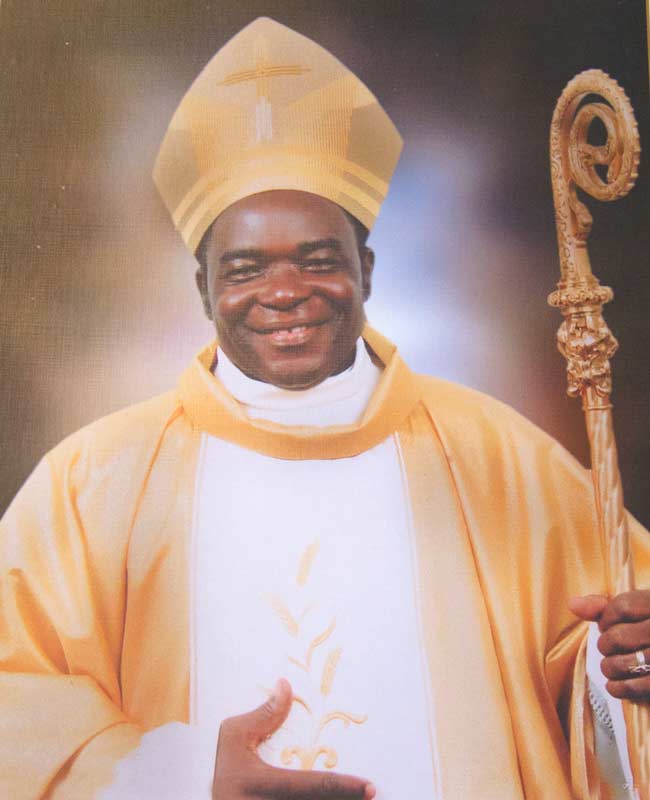In a bold statement that has ignited a national conversation, popular cleric and social crusader, Bishop Matthew Hassan Kukah has declared that it may be time to “END NIGERIA” for the sake of development.
Speaking at a press conference on Wednesday, the influential cleric expressed his deep concerns about the future of the country, stating that he has “never been as unsure of Nigeria’s future as I am now.”
Kukah’s remarks highlight a growing frustration with the nation’s reliance on prayer over practical action. “After independence, while other nations invested in their futures, we chose to pray and fast,” he lamented, contrasting Nigeria’s trajectory with that of countries like Malaysia, Singapore, and China, which have made significant advancements in technology, infrastructure, and industrialization.
The bishop cited examples of missed opportunities: “While we were praying, Malaysia took our palm seedlings and built a great factory. India advanced in ICT, and the UAE focused on infrastructure.” He argued that these nations have been rewarded for their hard work, while Nigeria’s prayers have not yielded similar results.
Kukah criticized the cultural trend of prioritizing religious activities over essential services. “Today, we see more prayer houses than hospitals and schools,” he said, lamenting that many Nigerians turn to faith for solutions to health and business challenges rather than seeking practical assistance. “We blame the devil when our ventures fail, rather than taking responsibility for our lack of planning.”
The bishop’s comments also addressed the alarming state of infrastructure in Nigeria. He remarked that the nation’s roads are perilous due to a culture that favors prayer over proper vehicle maintenance and safety measures. “More people are dying on our roads than wildlife in the wilderness,” he noted, emphasizing that spiritual faith cannot replace the need for practical action.
Kukah’s statement has sparked a mix of support and criticism. Advocates for reform argue that his call for a reevaluation of Nigeria’s priorities resonates with the frustrations of many citizens. Meanwhile, some religious leaders have defended the role of faith in Nigerian society, arguing that it provides hope in difficult times.
As the nation grapples with these pressing issues, Bishop Kukah’s call to action serves as a stark reminder of the complex relationship between faith, development, and the future of Nigeria. Whether his words will inspire tangible change remains to be seen, but one thing is clear: the conversation about Nigeria’s path forward is far from over.

